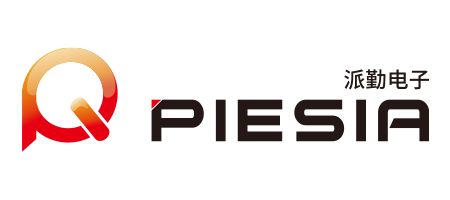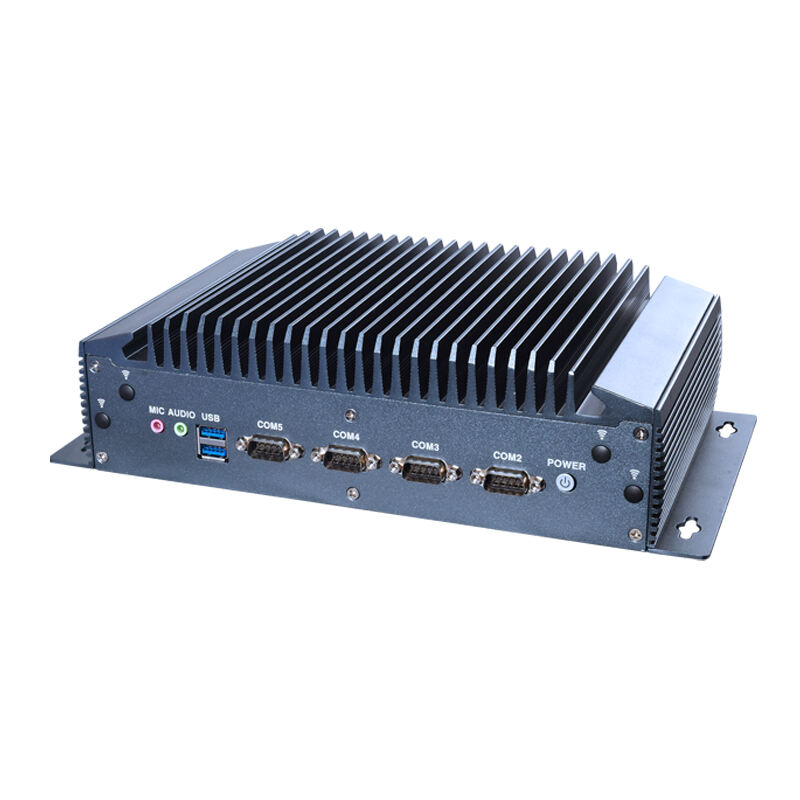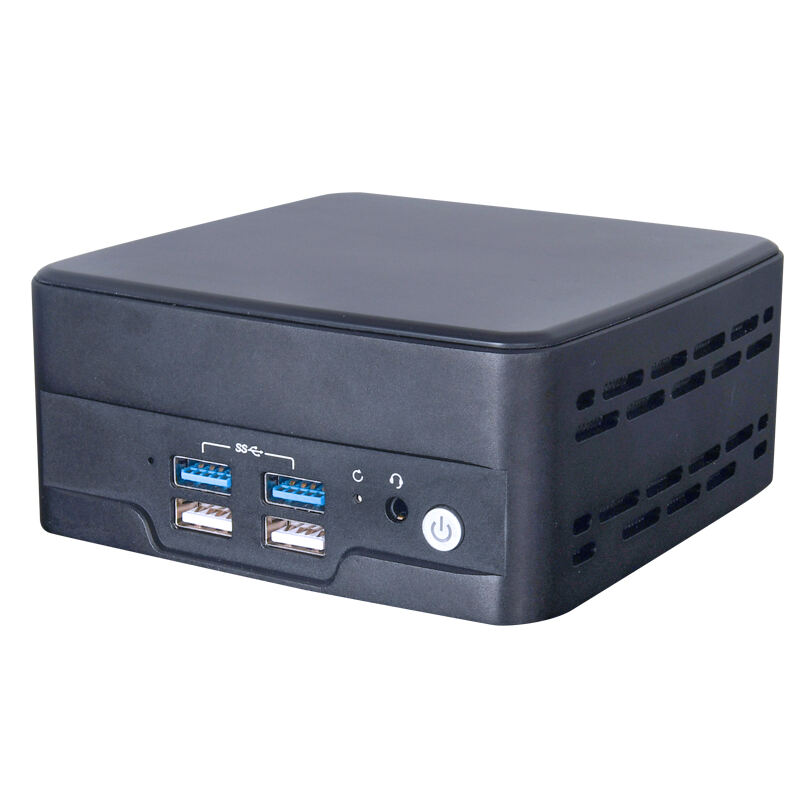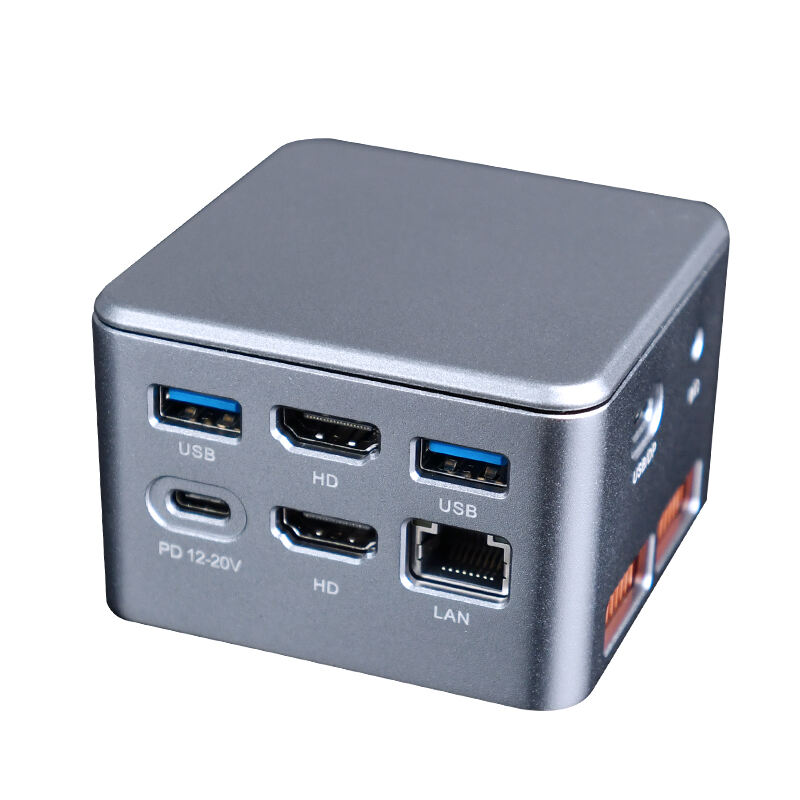Prilagojene industrijske računalniške rešitve za specifične industrijske zahteve
Uvod v industrijske računalniške ohišja
Industrijsko računalniško ohišje je robusten okvir, ki vsebuje komponente industrijskih računalnikov, nudi zaščito in podpira učinkovito delovanje sistema. V nasprotju s standardnimi računalniškimi ohišji so ta ohišja posebej zasnovana za prenašanje težkih okolij in operativnih zahtev, edinstvenih za industrijska okolja. Igrajo ključno vlogo pri zagotavljanju, da so občutljive komponente, kot so matične plošče, napajalniki in diski, varne in delujejo optimalno v zahtevnih pogojih.
Pri izbiri industrijskega računalniškega ohišja je bistveno upoštevati več ključnih dejavnikov, zlasti delovno okolje. Dejavniki, kot so temperaturne ekstreme, prah, vlaga in morebitna izpostavljenost kemikalijam, morajo biti upoštevani, da se zagotovi, da ohišje izpolnjuje industrijske standarde. Material in zasnova ohišja lahko pomembno vplivata na njegovo trajnost in sposobnost zaščite pred okoljskimi izzivi. Poleg tega možnosti prilagajanja za montažo, omejitve velikosti in sistemi hlajenja dodatno prilagajajo ohišje specifičnim industrijskim potrebam.
Ključni dejavniki pri izbiri 1U ohišja za industrijske računalnike
Izbira pravega 1U ohišja vključuje razumevanje njegove velikosti in združljivosti s komponentami, kot je Mini ITX matična plošča. 1U ohišje meri 1,75 palca v višino in je zasnovano za prileganje standardnim mestom za montažo v omaricah. Njegova kompaktna velikost ga naredi združljivega z manjšimi matičnimi ploščami, kot je Mini ITX, ki običajno meri 6,7 x 6,7 palca. Ta konfiguracija je koristna za industrijske računalnike, kjer je prostor omejen, kar omogoča učinkovito uporabo v okoljih, kot so strežniške sobe ali podatkovni centri. Pri razmišljanju o oblikovanju sistema je treba uskladiti velikost ohišja in združljivost matične plošče, da se zagotovi optimalna zmogljivost in enostavnost vzdrževanja.
Rešitve za hlajenje v industrijskih okoljih so ključne za ohranjanje zanesljivosti in dolge življenjske dobe sistemov. V 1U ohišju prostorske omejitve zahtevajo inovativne mehanizme hlajenja. Pasivno hlajenje, ki se zanaša na toplotne prevodnike brez gibljivih delov, je primerno za manj zahtevne aplikacije. Aktivno hlajenje, ki vključuje ventilatorje in puhala, je bolj razširjeno v okolju z visoko zmogljivostjo, ki zahteva učinkovito odvajanje toplote. Optimalno hlajenje v 1U ohišju zagotavlja, da komponente delujejo znotraj standardnih temperaturnih razponov, običajno med 50°F in 95°F, s čimer preprečuje pregrevanje in posledično okvaro strojne opreme. Razumevanje potreb po hlajenju na podlagi operativnih scenarijev je ključno za izbiro ohišja.
Razmisleki o napajanju so še en kritičen vidik pri izbiri 1U ohišja. Napajanje mora ustrezati zmogljivosti ohišja in zahtevam sistema. Zagotoviti je treba, da napajalna enota (PSU) lahko zagotovi dovolj moči, ne da bi povzročila električne prenapolnjenosti, kar je potrebno za stabilnost sistema. Ključno je izbrati PSU, ki zagotavlja ustrezno moč in učinkovitost, hkrati pa se tesno prilega omejenemu prostoru 1U ohišja. Ujemanje PSU z zahtevami sistema ne le izboljša zmogljivost, temveč tudi podaljša življenjsko dobo industrijskega računalnika z ohranjanjem dosledne in zanesljive oskrbe s power.
Vrste industrijskih računalniških ohišij
Pregled 1U Rackmount ohišja
1U rackmount ohišje je dobro znano po svoji prostorski učinkovitosti in enostavni namestitvi v strežniških omarah.
2U in 4U ohišja za izboljšano zmogljivost
V nasprotju s tem 2U in 4U ohišja ponujajo prednosti v smislu zmogljivosti in razširljivosti. Ohišje 2U ponuja večji vertikalni prostor, kar pogosto pomeni boljše možnosti hlajenja in sposobnost namestitve močnejših strojnih komponent kot ohišje 1U. Medtem pa ohišje 4U nudi še več prostora, kar olajša upravljanje z zrakom in omogoča namestitev dodatnih komponent, kot so več trdih diskov, grafične kartice in redundantni napajalniki. To naredi ohišja 4U primerna za aplikacije z visoko zmogljivostjo, ki zahtevajo znatno procesorsko moč in robustne možnosti razširitve. Poleg tega z večjo velikostjo pride tudi boljše upravljanje z zrakom, kar je ključno za vzdrževanje optimalnih temperatur znotraj sistema, kar na koncu vodi do večje zanesljivosti in dolge življenjske dobe.
Najboljši izdelki v ohišju 1U za vašo industrijsko računalniško postavitev
Pri nastavitvi industrijskega računalnika je izbira pravega ohišja ključnega pomena za zagotavljanje učinkovitosti in zanesljivosti. Spodaj so nekateri najboljši izdelki v kategoriji 1U ohišij, ki ustrezajo različnim industrijskim zahtevam.
Piesia brezventilatorski industrijski mini računalnik
Piesia brezventilatorski industrijski mini računalnik ponuja robustno rešitev za okolja, kjer je treba zmanjšati hrup. Njegova brezventilatorska zasnova zagotavlja tiho delovanje, kar ga naredi primernega za uporabo v okolju, občutljivem na hrup. Ta mini računalnik poganja procesor Intel 11. generacije Tiger Lake, ki ponuja izjemno hitrost in zmogljivost. Podpira DDR4 RAM z možnostmi razširitve, kar zagotavlja prilagodljivost za različne potrebe aplikacij. Opremljen je z več HDMI in VGA priključki, kar omogoča vsestranske možnosti povezovanja.
Piesia 2*LAN DDR4 Mini Računalnik Gostitelj
Zasnovan za maksimalno povezljivost, je Piesia 2*LAN DDR4 Mini Računalnik Gostitelj popoln za industrijska omrežja, ki zahtevajo izboljšano zmogljivost. Njegove dvojne LAN zmogljivosti omogočajo večjo omrežno vsestranskost in redundanco, kar je ključno za ohranjanje stabilnih povezav v industrijskih nastavitvah. Ta kompaktni namizni računalnik je izdelan z vzdržljivo kovinsko ohišjem in podpira Intelove procesorje 11. generacije. Ponuja raznolike izhodne možnosti za prikaz in obsežne možnosti shranjevanja, kar ga naredi zelo prilagodljivega različnim industrijskim potrebam.
Piesia 12. generacije Prenosni Mini Računalnik Gostitelj
Piesia 12. generacija prenosnega mini računalnika je visoko zmogljiva enota, zasnovana za učinkovitost. Z procesorji iz najnovejše serije Intel Alder Lake zagotavlja hitro obdelavo podatkov in podpira večopravilnost z do 16 GB RAM. Njegova kompaktna velikost ga naredi idealnega za industrijska okolja z omejenim prostorom. Opremljen z dvema HDMI2.0 priključkoma, zagotavlja visoko kakovost vizualnega izhoda, s čimer podpira aplikacije, ki zahtevajo obsežno grafično obdelavo.
Aplikacije industrijskih računalniških ohišij
Industrijski računalniški ohišja so ključna v različnih proizvodnih aplikacijah, saj zagotavljajo osnovo za sisteme, vključene v spremljanje procesov v realnem času in avtomatizacijo.
V okolju z visoko povpraševanjem, kot so podatkovni centri in delovne postaje, so industrijski ohišja cenjena zaradi svoje zanesljivosti in zmogljivosti.
Prihodnji trendi v oblikovanju industrijskih računalniških ohišij
Trend k modularnim šasijam hitro pridobiva na pomenu pri oblikovanju industrijskih računalniških šasij.
Trajnost v oblikovanju šasij postaja vse pomembnejša, saj proizvajalci dajejo prednost okolju prijaznim praksam.
Recommended Products
Hot News
-
Kakšne so prednosti uporabe vgrajene matične plošče?
2024-01-30
-
Tri glavne značilnosti industrijskih glavnih računalnikov
2024-01-30
-
ODM/OEM storitev
2024-01-18

 SL
SL
 EN
EN
 AR
AR
 BG
BG
 HR
HR
 CS
CS
 DA
DA
 NL
NL
 FI
FI
 FR
FR
 DE
DE
 EL
EL
 HI
HI
 IT
IT
 JA
JA
 KO
KO
 NO
NO
 PL
PL
 PT
PT
 RO
RO
 RU
RU
 ES
ES
 SV
SV
 TL
TL
 IW
IW
 ID
ID
 SR
SR
 UK
UK
 VI
VI
 HU
HU
 MT
MT
 TH
TH
 TR
TR
 AF
AF
 MS
MS
 GA
GA
 BN
BN








